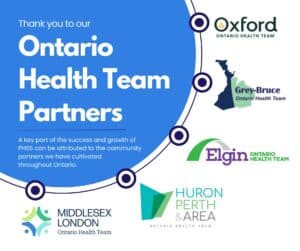PHSS Opinion Column:
This past September, Ontario’s Minister of Health, Sylvia Jones, announced $43-million in provincial support for the acceleration of 12 Ontario Health Teams (OHTs). On November 28, Government announced an additional $9.2-million towards the effort. It will take more than funding, however, to bring Ontario’s vision for OHTs closer to reality.
For OHTs to reach their full potential, and for Ontario’s health and social care sectors to see their full benefit, each OHT needs to include strong voices representing community care providers and the people they serve. Our organization, PHSS, has a unique perspective on these challenges. We are members of no less than five OHTs across Ontario. I have seen first-hand the need for community sector presence at these forums, and how health and social care in our province benefit when the community sector is welcomed to the table.

PHSS is a member of 5 OHTs across Ontario.
PHSS has been an eager contributor to the OHTs at which we sit, and we’ve tried hard to make heard the voices of the hundreds of Ontarians we support. They have so much to teach us. With support from teams like ours, I’ve seen people who would have once been consigned to a life of stigma and isolation become engaged and productive members of their communities; holding down jobs, learning new skills and developing full lives amongst friends and family. These person-centered supports offer a unique approach and hold the promise of changing the lives of thousands – while saving our healthcare system millions.
At PHSS, we are one of the few providers across Ontario that is capable of supporting individuals on long-term ventilation (LTV) in the community, as opposed to hospital intensive care units (ICUs). Provincial health data indicates that the cost of caring for individuals requiring LTV in hospital ICUs can range upwards of $3000 per day. In appropriate cases, community providers like PHSS can safely care for individuals requiring LTV in their communities, greatly enhancing the quality of a person’s life, while halving the cost of care and freeing up badly needed ICU resources. These are the kinds of solutions that a strong and engaged community sector can bring forward when fully represented at tables like OHTs. Too often, when our team attends OHT tables and committees, we are a lonely community voice. More must be done to engage with community health and social care organizations and more must be done to support them. There has recently been some good news on that score.
The Government of Ontario has announced financial supports for the hiring of Personal Support Worker (PSW) graduates in both Ontario’s long-term care and home and community care sectors. Welcome news, but not every person supported in their community is cared for by a PSW. Here at PHSS, we employ few – if any. It’s conversations like these that I so look forward to having around OHT tables across Ontario, where topics like equity, innovation and the future of health and social care are up for discussion. But the future of care cannot be charted without strong voices from our community sector. It’s through Ontario communities that the path forward truly runs.
In 2024, I hope to see many more of my community colleagues and people with lived experience joining us around the table. Our system, our OHTs and the people we all support will be the better for it.
Brian Dunne is CEO of PHSS, a community care organization supporting individuals with medical and complex needs across Ontario.
To read more editorials from our CEO, visit the PHSS newsroom.


